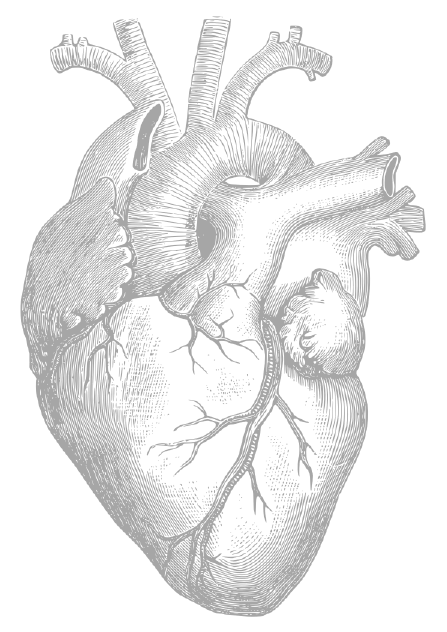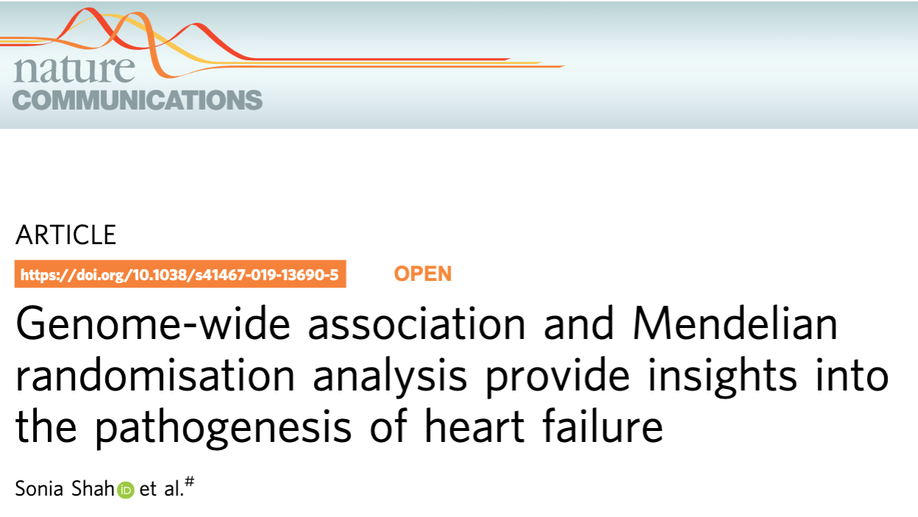OBJECTIVE: The aim of this study was to use Mendelian randomization (MR) techniques to estimate the causal relationships between genetic liability to type 2 diabetes (T2D), glycemic traits, and risk of heart failure (HF). RESEARCH DESIGN AND METHODS: Summary-level data were obtained from genome-wide association studies of T2D, insulin resistance (IR), glycated hemoglobin, fasting insulin and glucose, and HF. MR was conducted using the inverse-variance weighted method. Sensitivity analyses included the MR-Egger method, weighted median and mode methods, and multivariable MR conditioning on potential mediators. RESULTS: Genetic liability to T2D was causally related to higher risk of HF (odds ratio [OR] 1.13 per 1-log unit higher risk of T2D; 95% CI 1.11-1.14; P < 0.001); however, sensitivity analysis revealed evidence of directional pleiotropy. The relationship between T2D and HF was attenuated when adjusted for coronary disease, BMI, LDL cholesterol, and blood pressure in multivariable MR. Genetically instrumented higher IR was associated with higher risk of HF (OR 1.19 per 1-log unit higher risk of IR; 95% CI 1.00-1.41; P = 0.041). There were no notable associations identified between fasting insulin, glucose, or glycated hemoglobin and risk of HF. Genetic liability to HF was causally linked to higher risk of T2D (OR 1.49; 95% CI 1.01-2.19; P = 0.042), although again with evidence of pleiotropy. CONCLUSIONS: These findings suggest a possible causal role of T2D and IR in HF etiology, although the presence of both bidirectional effects and directional pleiotropy highlights potential sources of bias that must be considered.

